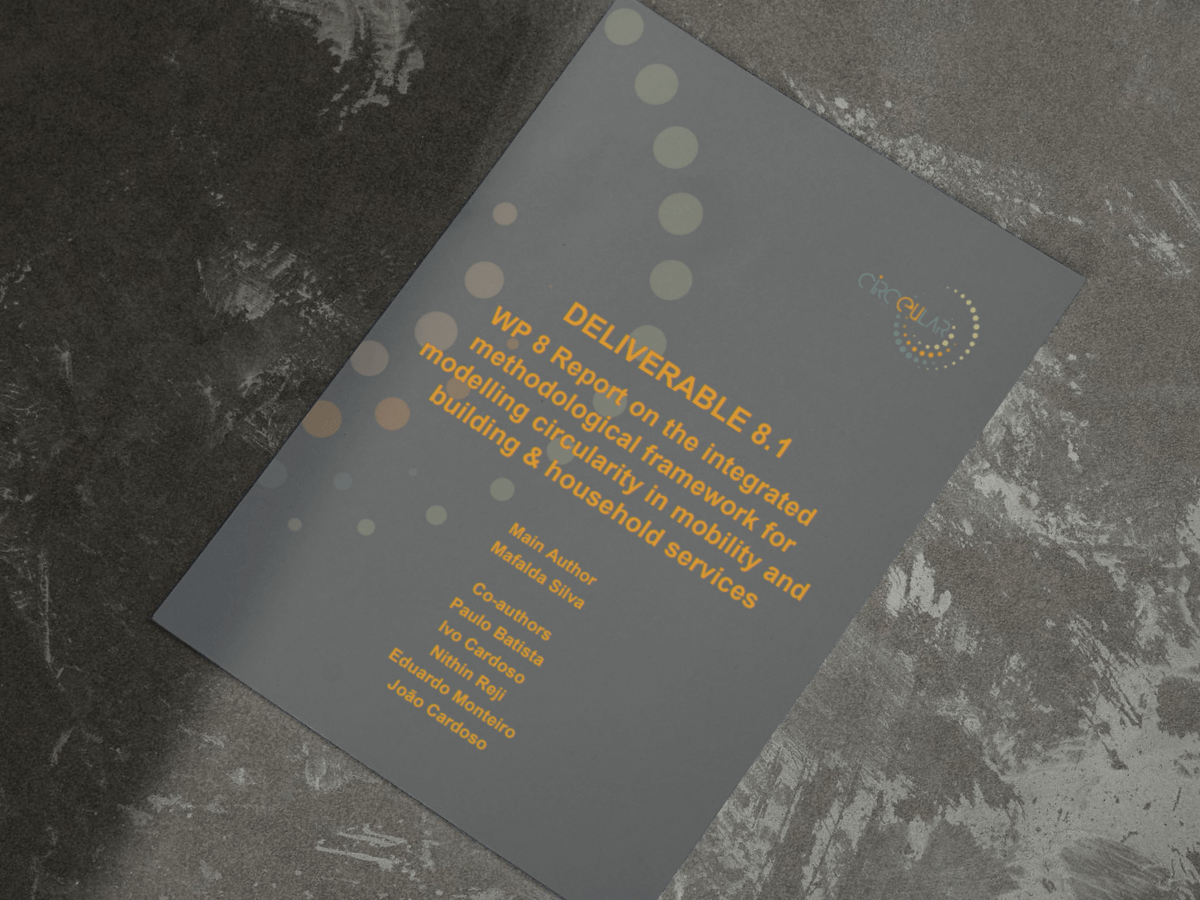
The integrated methodological framework for modelling circularity in mobility and building & household services, developed by INEGI as part of the CircEUlar project, aims at modelling energy and materials in cities altogether at high-resolution level. This framework combines a comprehensive spatial analysis with machine learning techniques to inform urban planning practice regarding the influence of urban drivers (including physical /urban form, socio-economic, and behavioral ones).
With the advancement of the model development, the detailed documentation of the methodological framework has now been published, and is available within CircEUlar “Report on the integrated methodological framework for modelling circularity in mobility and building & household services” (Deliverable 8.1), including the description of key pre-processing operations, the indicators measurement (and respective maps), and finally the model set-up, architecture and other relevant characteristics. This ensures greater modelling work transparency and the reproducibility of the framework to other cities and urban contexts.
It is complemented by the respective open-source code and data, currently available on Zenodo and referring to the preliminary integrated modelling tool, and allowing for additional exploration and adaptation of the algorithms developed as well as of the preliminary modelling results.
The overall model performance for the two case studies (Porto and Berlin) is also presented, which shows encouraging results and reinforces the relevance of such an integrated approach, modelling energy and materials altogether. Further work comprises concluding the knowledge discovery and extraction stage, including the application of the final models to assess different circularity scenarios.
